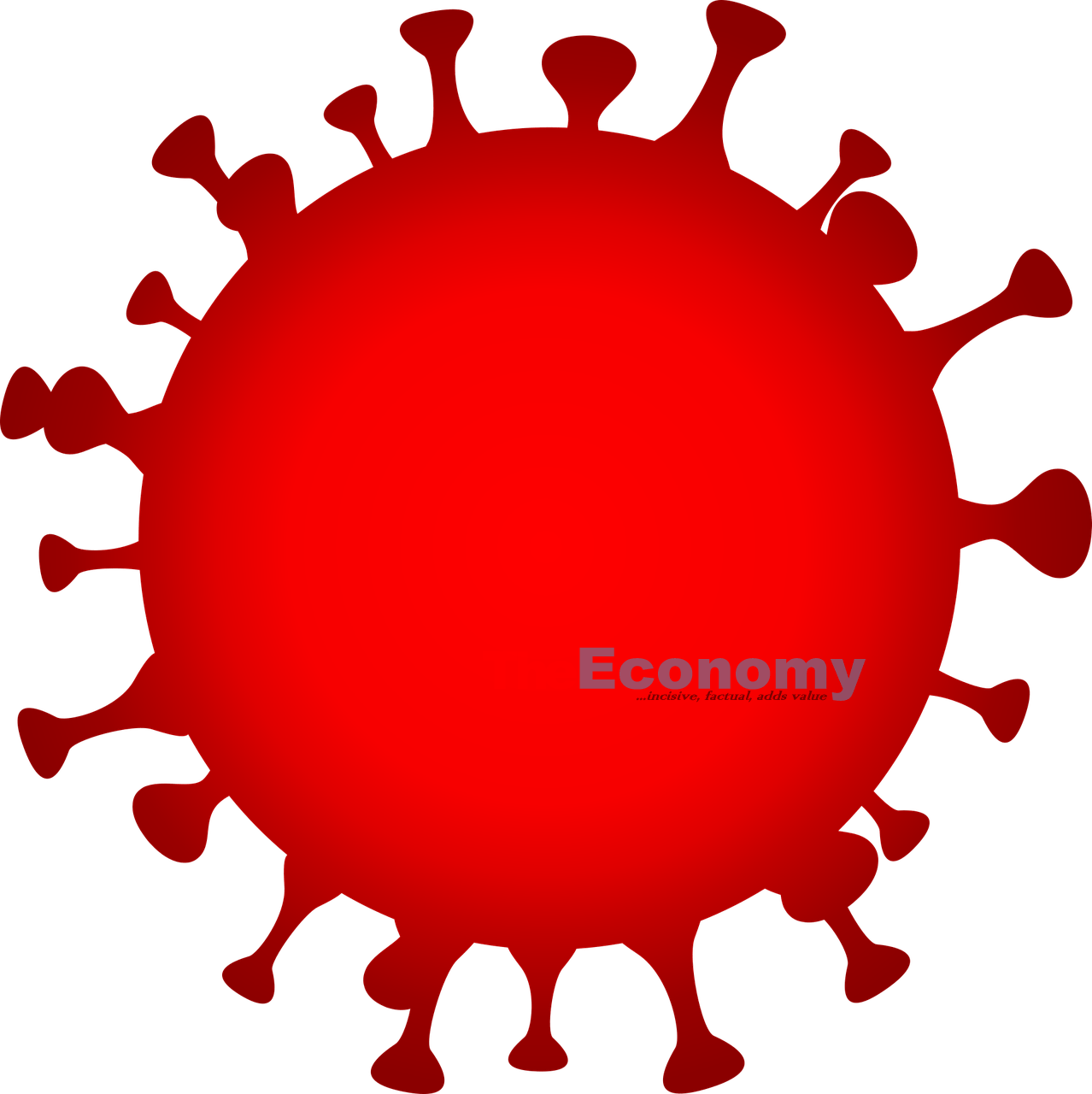By Chinedu Obike
The COVID-19 pandemic and its attendant lockdowns may have disrupted the social and economic life of the global community, but in Nigeria, it took a different turn. It not only wrecked the livelihoods of the people, but also established itself as the worst time to take ill.
Put in another way, the inglorious era came with a fatal lesson: that the easiest way to die in Nigeria is to require medical attention in a pandemic.
While the lockdowns lasted, patients with subsisting medical conditions suffered and some were actually rejected by hospitals and medical personnel for fear of COVID-19 infection. Indeed, many people died because they could not access the medical attention they needed at the time. They died for lack of care.

Examples abound but two will suffice.
Dele, an IT guru had a cardiac problem that predated the novel coronavirus. Sadly, the ailment resurfaced during the pandemic era. When attempts to manage him at home failed, he was rushed to a hospital – a public facility, at that. Curiously, even without a proper test, the nurses and doctors saw him as a COVID case and kept their distance. Of course, Dele died in the car.
For Mrs Johnson, a cook, the scenario was almost the same, but the difference is that she is alive to tell the story. She had a bad case of ulcer with an acid reflux problem that affected her breathing. She was immediately rejected at the hospital she visited. But for the timely intervention of the operator of a private pharmacy who identified her problem and rushed to the rescue, she probably would have gone the way of Dele.
Similar stories abound and the erring medical personnel walked away without consequences.
Now, knowing that consequences do indeed exist and that rejection of patients is actually a punishable offence comes with a relief and renewed hope in the medical system.
Speaking at a public forum over the weekend, a former president of the Nigerian Medical Association (NMA), Prof. Mike Ogirima, described rejection of patients as professional misconduct and urged members of the public to feel free to report such cases to the NMA and DMCN.
While this may sound as welcome news to the Nigerian public, it is worrisome to imagine that medical practitioners, sworn to the Hippocratic Oath, could shy away from an opportunity to save life. It is a scenario that can be likened to a soldier absconding from the battlefield when the enemy shows his face.
It is of course important that a frontline warrior be adequately equipped to confront the enemy.


